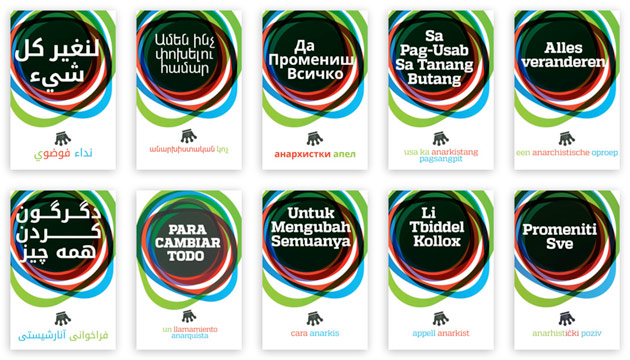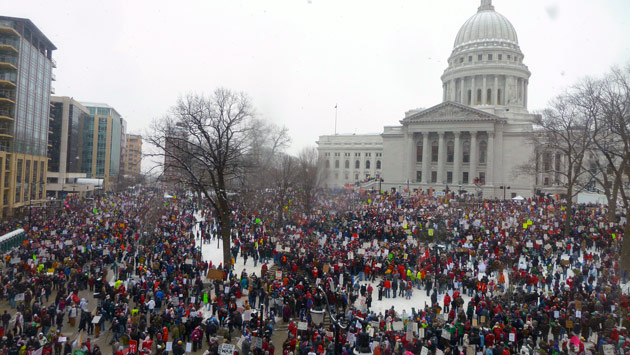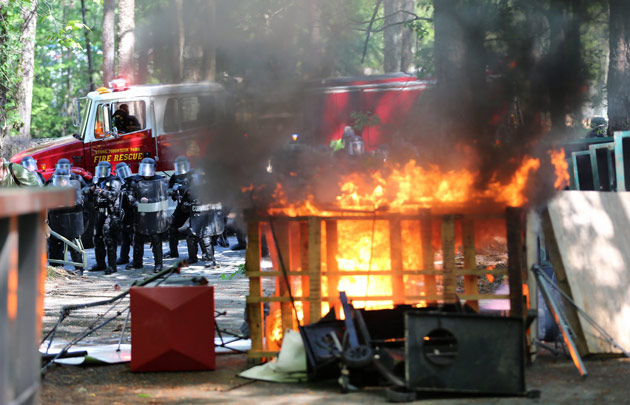We are pleased to present versions of To Change Everything in Arabic, Armenian, Bulgarian, Cebuano, Dutch, Farsi, Malay, Maltese, and Serbo-Croatian, as well as the Latin American Spanish version and subtitles for the video in Tagalog and Slovak. This brings the grand total to 30 versions of the project in 28 languages.
In addition, we’ve added updated PDFs of the continental French, Italian, Portuguese, and Slovenian versions.
If you are interested in producing a version of To Change Everything for your own language or region, please contact us.
We are also pleased to announce new print runs in several languages, including Dutch, Malay, Serbo-Croat, and 500 copies for the islands of Malta. After an initial print run of 5000 copies of the Portuguese version, the Brazilian group has produced a run of 11,000 more, funded in part by last year’s “To Change Everything” tour in the US; a new German printing is soon to appear, bringing the total print run in Germany to 50,000. Comrades involved in solidarity efforts in Europe have been making the Arabic and Farsi versions available to migrants seeking to escape oppression, war, and economic turmoil.
Our next update will include the Spanish version of “The Secret Is to Begin”, the follow-up to To Change Everything.

Cebuano and Tagalog
Screen PDF (Spread View) [21MB]
*The pamphlet is in Cebuano; the video is in Tagalog.*























